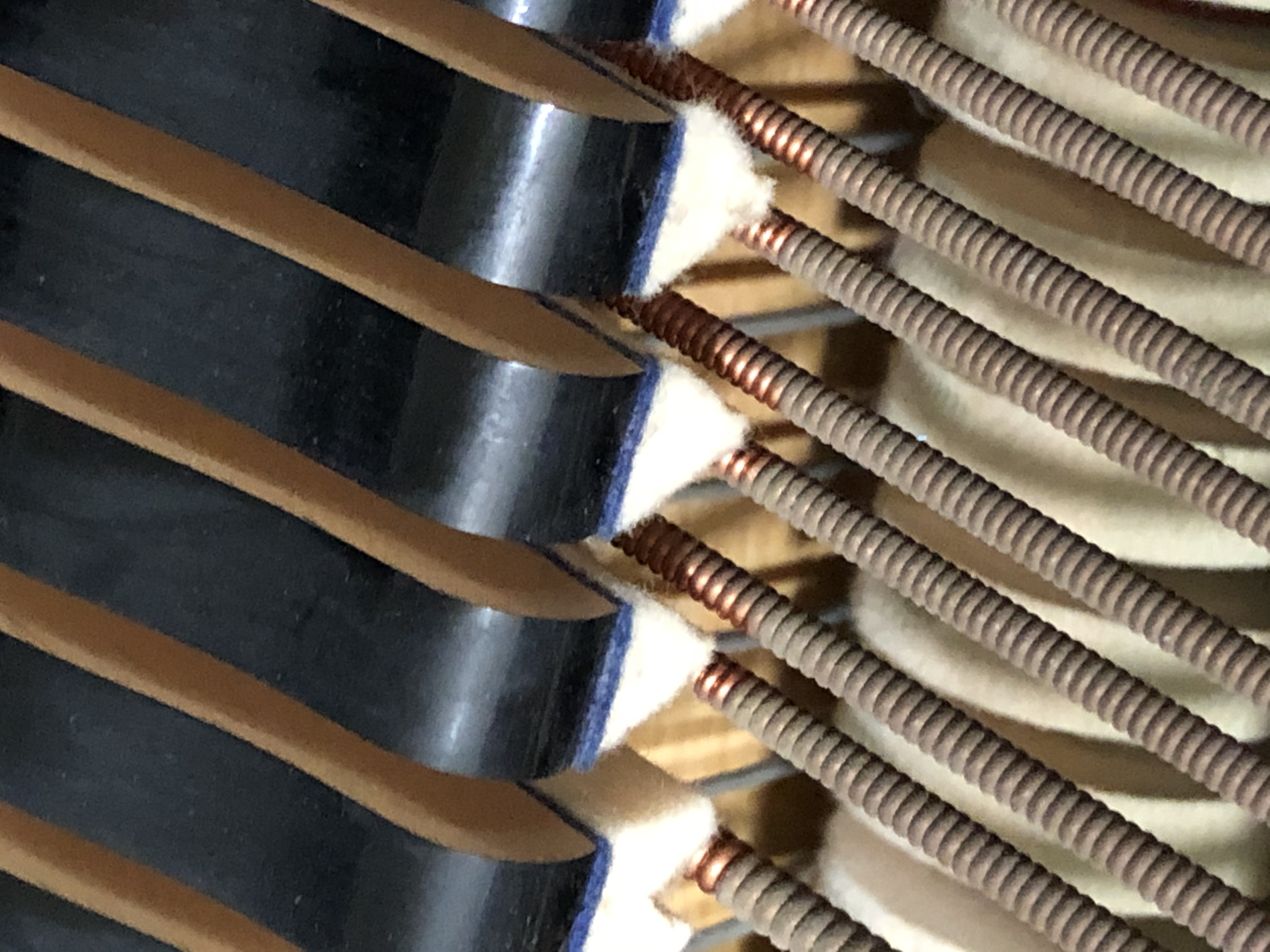

The value of the tools and parts make up a significant portion of your tuition fee.
#Piano tuner austin tx plus
A tuning lever plus many other specialized tools are supplied.
#Piano tuner austin tx how to
You will learn not only how to tune a piano, but how to adjust the piano action, repair damage, restoring, replace felts and every other phase of piano work. If you don't own a piano, perhaps a friend, lodge hall or church will permit you to practice with one of their pianos. The preferred piano to practice with is an upright because of its basic design. Almost any piano may be used for practice, except an old Square Grand. If you are willing to learn, we can teach you.

Illustrations are numerous and where illustrations are insufficient, the actual piano part is sent to you. Every step and phase of the work is in simple, easy to understand lessons. With the American way you learn by doing. As in any trade or skill, it cannot be practiced without the proper tools and training. In one to six months you could be running your own business as a piano technician. The estimated time to complete the course is 40 to 100 hours. Some students learn tuning within 30 days while still studying regulation and repair. These tricks of the trade are not difficult to learn. Tuning is mechanical work, and just as there are tricks to all trades, so there are tricks to piano tuning. You should be able to lift up to 40 pounds, which is the approximate weight of the heaviest piano action. Some mechanical ability will be an asset. The only qualifications required for this work are average intelligence, normal hearing and willingness to learn. You are not in any way expected to know anything about music. Whether you play a piano or not is unimportant. Be assured, talent as a musician or an ear with "perfect pitch" are not required to learn the trade of piano tuning. People think, "What a perfect ear they must have". Tuition fees are a fraction of the cost of attendance at a trade school. There is no valuable time lost from other employment, and it requires no travel to distant schools. It allows students to learn at home, at their own time and leisure. Learning by correspondence is a very practical means of education. Both prices include the necessary tools and parts to get started.

Tuning fees vary by area, but at seventy five to one hundred dollars per tuning, the cost of the course can be recovered in less time than it takes to complete the course.

Send for the whole course now and you save $200.00. After a three year stint in Austin, TX, my wife and I concluded that our hearts were still deeply rooted in Chicago, and we happily returned in the fall of 2016.The course costs $1290.00when you request all the lessons at once, and $1490.00when you request the lessons individually at $149.00each (plus shipping and handling). That ultimately led me to CSPT, where I spent an intense year of study under several of Chicago's finest piano technicians, learning all of the primary facets of piano service, including tuning, repair, regulation, and voicing. Those late nights in loud venues eventually lost their appeal, though, and it occurred to me that becoming a piano tuner could be the perfect means for combining my acute sense of hearing and my knack for tinkering with instruments to make them play their best. After studying audio production at Ohio University, I spent more than a decade working as a studio and live sound engineer in Chicago, as well as playing pedal steel guitar in a number of old time country outfits around town. I first took up playing music at the age of 9, and I realized early on that I enjoyed building and working on instruments almost as much as I liked playing them. My name is Adam Przybyla, and I am a Registered Piano Technician with the Piano Technicians Guild and a graduate of the renowned Chicago School for Piano Technology.


 0 kommentar(er)
0 kommentar(er)
